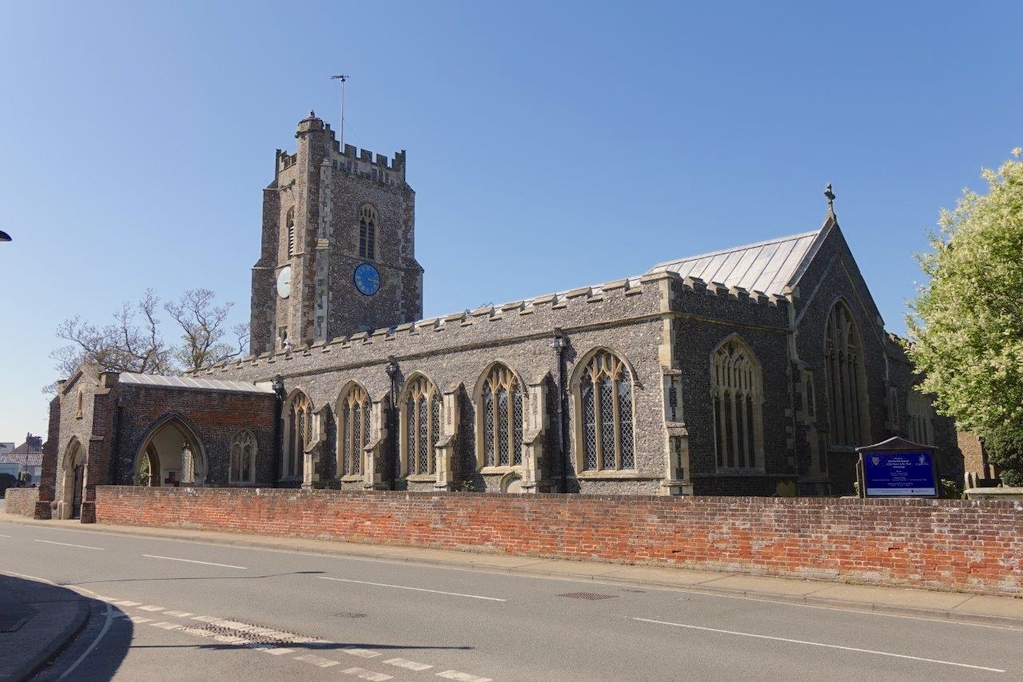Reading
Matthew 21:18-22: Jesus Curses the Fig Tree
In the morning, when he returned to the city, he was hungry.
And seeing a fig tree by the side of the road, he went to it and found nothing at all on it but leaves. Then he said to it, “May no fruit ever come from you again!” And the fig tree withered at once.
When the disciples saw it, they were amazed, saying, “How did the fig tree wither at once?”
Jesus answered them, “Truly I tell you, if you have faith and do not doubt, not only will you do what has been done to this fig tree; but even if you say to this mountain, ‘Be lifted up and thrown into the sea,’ it will be done.
Whatever you ask for in prayer with faith, you will receive.”
Reflection by Revd Sheila Hart
On the surface, this account of Jesus cursing the fig tree seems a simple but quite an odd lesson about faith and the prayer of faith but if we look at it in the context of the whole of Matthew chapter 21 we begin to see that it could be seen as one of four parts of a chapter which is primarily centred around the judgement of Israel in the light of the life and ministry of Jesus when compared with the traditions of the Jewish faith.
The first is the upsetting of the tables of the money changers and dove sellers when Jesus enters the Temple following his triumphal entry into the city. He makes a statement which constitutes a judgement on the traditional rites of Jewish worship ‘My Father’s house shall be called a house of prayer, but you have made it a den of thieves.’ This links remarkably well with Jesus’ statement to the Samaritan woman in the 4th chapter of John’s Gospel when he says, ‘God is Spirit and those who worship Him must worship in spirit and in truth.’ This 1st judgement is that despite all its rites and rituals the worship which took place in the Temple at Jerusalem was not true worship.
The second was judgement on the priests because they could neither understand nor embrace the ministry of Jesus among those who were considered outside the norm. They were so bound up with the rituals and rules of worship that they were unable to countenance the fact that there might be another way to worship with joy and praise – a kind of fresh expression which bent the rules, but which brought new life into the worship. This links with Jesus’ statement in the 10th chapter of John’s Gospel ‘I have come that you might have life – life in all its fulness.’
The third is our passage on the cursing of the fig tree. In the Bible Israel is often portrayed as the fig tree or the vine and the problem with this fig tree was that it was not bearing fruit, only leaves. Again, in the 15th chapter of John’s Gospel Jesus speaks about the vine whose branches don’t bear fruit. Those branches are cut off, thrown into the fire and burned while our fig tree is cursed because of its lack of fruit. If the fig tree and the vine are illustrations of Israel, the judgement here is based around a lack of fruit, not actual as per a fruit tree, but spiritual fruit. Later in chapter 15 of John’s Gospel Jesus tells his disciples this: ‘You did not choose me, but I chose you and appointed you to go and bear fruit, fruit that will last.’
The fourth and final judgement was on the Jewish leadership and their lack of integrity. The chief priests and the elders question Jesus’ authority to teach in the way he was. Jesus decides not to give them a direct answer but to ask them a question regarding whether the baptism of John the Baptist was from heaven or from human origin. This creates a dilemma for them about which they spend some time arguing. In the end they decide not to commit themselves one way or the other and Jesus replies that in that case he will not tell them where his authority lies.
The application of this whole chapter for us to examine and reflect upon during this Holy Week is by implication fourfold.
- How can we worship God in spirit and in truth?
- How open are we to embrace new expressions of worship or are we hidebound by our traditional rites and rituals?
- Where is the fruit both in our own life and in the mission and ministry of the Church, of our relationship with God through Jesus by the Holy Spirit?
- Does our faith have an integrity about it which permeates who we are and what we do?
